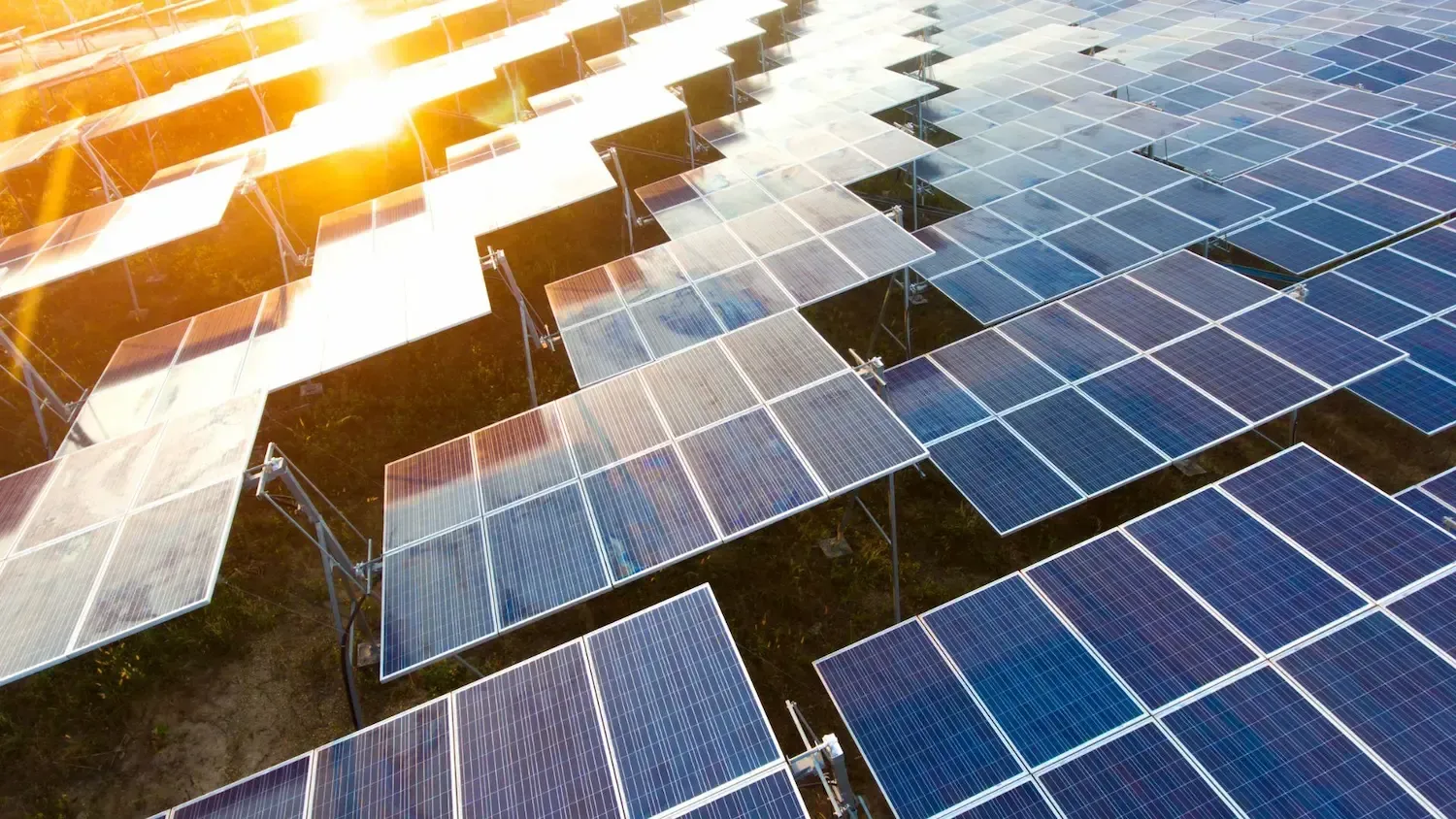Queenstown Airport Energy Audit
Queenstown Airport
Energy Audit
$24,000 Per Annum Energy Savings & 300 MWh Reduction In Annual Energy Use
Problem
Queenstown Airport uses a large amount of electricity due to the scale of the site. The majority of this usage is through the HVAC system and lighting. DETA was consulted with to investigate energy usage on site and to identify possible energy management opportunities.
Solution
Through analysis of SCADA data, consultation with key staff and onsite inspection, several energy management opportunities were identified. These ranged from installing a ground source heat pump to improved lighting design through to control period adjustments.
Outcome
Energy savings of around 300,000 kWh were identified for projects with a payback of less than five years, enough energy to drive an electric car around the world sixty times, and about 10% of the total site usage.





